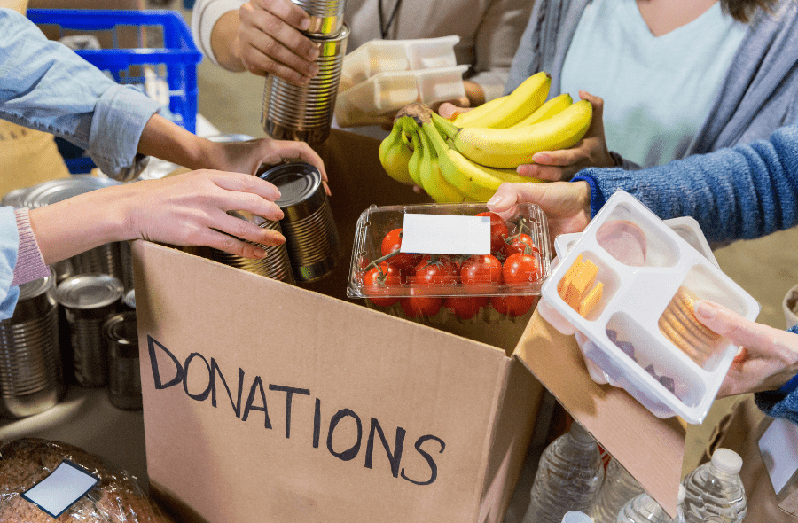THE United Nations Sustainable Development Goals are outlined to ensure that priorities are placed on key social needs and issues. Among these goals, ending hunger is listed as the second priority to be achieved by the year 2030. Unfortunately, in a world of plenty, many people still lack basic necessities such as food. As such, initiatives like food banks exist. I am writing this week’s column with Guyana’s hungry, less fortunate citizens in mind because we need more functional and well-publicised food banks in Guyana.
Food banks play an essential role in feeding the hungry and addressing food insecurity in underprivileged communities. Non-profit organisations usually run them in collaboration with other groups, such as shelters or local food producers. The most important aspect of food banks is ensuring that the food provided is both nutritious and accessible to those in need. Nutritious food is limited for many people, which ultimately leads to health complications. It is, therefore, crucial that we distribute high-quality food rather than simply giving food for the sake of giving.
Food banks can be described as vital safety nets within communities. You might think they only cater to the homeless or destitute, but you would be surprised by the number of people who live as “regular citizens” among us daily yet struggle to afford food. Families facing financial hardship, unemployment, illness, or any sudden crisis can also benefit from food banks. Many individuals find themselves in need of food due to an unexpected crisis they had no way of planning for. As such, food banks can serve as an emergency reserve for those in distress.
More than just a means of distributing food, food banks serve as a holistic support system in the fight against food insecurity and hunger. They can provide nutritional plans or guidance, offer monthly food assistance or groceries to families in need, and raise awareness about the root causes of hunger—such as unemployment and social inequality. Additionally, food banks can lobby for policy reforms that focus on reducing food waste and ensuring more families have access to adequate meals.

Can you imagine if Guyana had active, well-managed food banks operating daily in all ten of our administrative regions? At present, similar efforts are mirrored in churches and community groups, but these are usually limited to special occasions or short-term initiatives. A food bank needs to be reliable and actively functioning every day because hunger is not limited to Christmas or special holidays—it is a daily reality for many.
If you are considering a social justice initiative or community service project, I hope you take this idea into consideration for any community in Guyana. Food banks address short-term food insecurity by providing hot meals to those in need while also working on long-term solutions to prevent hunger. However, it is important to note that food banks are not a substitute for long-term policy reforms that address the root causes of hunger. The food provided is a quick fix to a deeper, more complex system of economic and social inequality.
While we wait for food banks to be properly established across Guyana, we can still support our local churches and other existing groups that work tirelessly to provide food, even if only on special occasions. I am sure that the main obstacle to expanding these efforts is limited funding.
This week, I challenge all my readers to cook some extra rice and curry—or whatever meal you are preparing—and share it with someone in need, whether a destitute person on the road or a struggling family. If you would like to take this further and create real social action, consider partnering with local bakeries or food shops to collect surplus food and distribute it within your community. You can also use social media to organise food donations and set up a pop-up food bank for a short period at a designated location.
In the words of Mother Teresa, “If you can’t feed a hundred hungry people, just feed one.”



.jpg)








